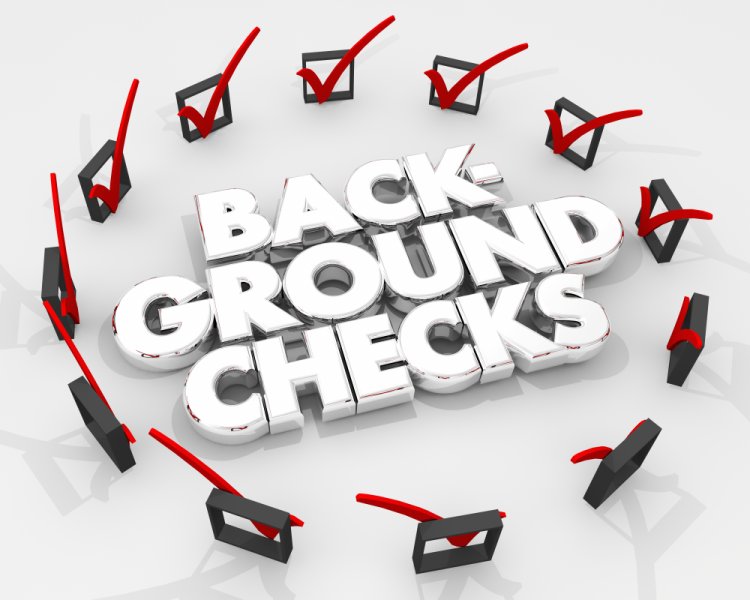If you’re applying for new jobs or looking for a new apartment, chances are people are going to start looking into your past. It’s common now for landlords and employers both to do background checks on all their applicants. In fact, national surveys say that 96 percent of all employers conduct some kind of background screening. And it’s likely that just as many landlords do the same. In either situation, it’s probably wise to find out what they’re seeing.
Why landlords run background checks
Most property owners run background checks on potential tenants to avoid problems. One of the things they check is a renter’s credit score. Someone with a higher credit score is less likely to bail out on the rent. They have a history of paying their bills on time and probably want to keep it that way. Landlords will also often check criminal histories and sex offender registries, in the hopes of avoiding any legal issues.
Of course, all property owners have sole discretion over who they rent to, and some have more lenient requirements than others. For instance, they might rent to someone with a low credit score as long as they don’t have any bankruptcies or repossessions. Or they might be fine with a renter who has a misdemeanor on his record as long as he is not a convicted sex offender.
Why employers run background checks
An employment background screening can consist of credit, criminal, and employment backgrounds. These are done for a number of reasons. For one thing, good credit can be indicative of a responsible personality. While many people might disagree with this, some employers feel that honest, reliable employees usually have higher credit scores. Aside from this, however, is the view that someone with a low credit score and a lot of debt could be a huge risk. This is especially true in financial institutions where the access to cash might present the temptation to embezzle.
Likewise, a criminal history can tell an employer a lot about the person they’re hiring. In some fields, specific criminal history checks are even necessary to keep their employees and customers safe. An example of this would be a daycare center that would check every applicant on the national sex offender registry, or a medical facility that would check to make sure their applicants were not convicted drug felons.
Running your own background check
Anything published on your legal or financial records is yours and should be easily accessible. However, knowing where to find this information is sometimes confusing. The best background check will include everything a potential landlord or employer will see, so it’s important to know where to look. Online background check sites are often the easiest place to find everything all in one place. While you might have to pay a small fee, you’ll likely be seeing the same thing someone else sees.
Additionally, you can get access to your credit reports a number of ways. Once a year, you’re entitled to free reports from all the bureaus through Annual Credit Report. Or you can sign up for membership on sites like Credit Karma or Credit Sesame for a snapshot of your credit score. If you don’t have much negative activity on your reports, these sites are probably fine. But if you happen to have some charge-offs, repossessions, or other questionable activity, you’ll probably need the full report.
Once you have your background information in front of you, you can prepare to defend yourself or explain any previous behavior. It’s not necessary to bring any of it up yourself, but if it does come up, you won’t be caught off guard.
Image credit: Background Check via iQoncept/Shutterstock
